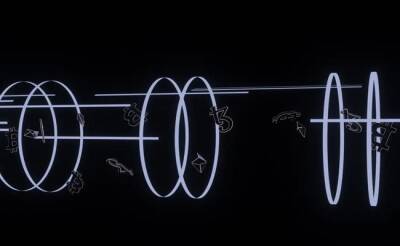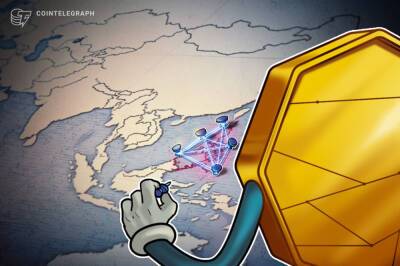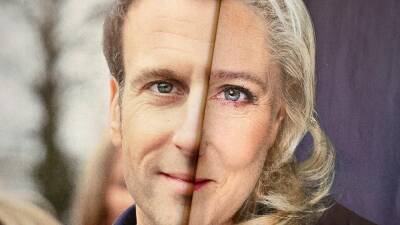Why is Bosnia not joining rest of Europe in sanctions against Russia?
Bosnia remains one of the few European countries not to have introduced any sanctions against Russia after its invasion of Ukraine.
But unlike Serbia or Belarus, the country found itself split on the issue — a reflection of its internal political divisions.
While many domestic leaders are eager to condemn the Russian aggression, others are unwilling to give up on their close connections with the Kremlin.
The locking of horns over Ukraine has only exacerbated the months-long political crisis, thought to be the worst in the three decades since the country declared independence after the breakup of Yugoslavia.
“This is typical behaviour from the political quasi-elites in Bosnia,” Tanja Topić, a political analyst based in Banjaluka, told Euronews.
“It’s no secret that the political leadership of the Republika Srpska entity advocates a pro-Russian option,” she said.
“And it translates into open support for Russia not to get sanctioned, whereas the other half of Bosnia gives Ukraine its unconditional support, including for sanctions against Moscow.”
“But this part and parcel of the ‘normal’ state of political dysfunction within Bosnia,” Topić explained.
Bosnia’s recent history was marked by a bloody war that saw 100,000 casualties and two million people becoming either refugees or internally displaced in a country of 3.5 million.
Drafted to bring the war to an end, the US-sponsored Dayton Peace Accords created two main administrative units in Bosnia — the Serb-dominated entity of the Republika Srpska, or RS, and the Bosniak-Croat majority Federation of BiH.
The two entities were given some autonomy, with an umbrella state-level government and a three-way presidency — with each president representing one of the three main ethnic groups —
Read more on euronews.com

















